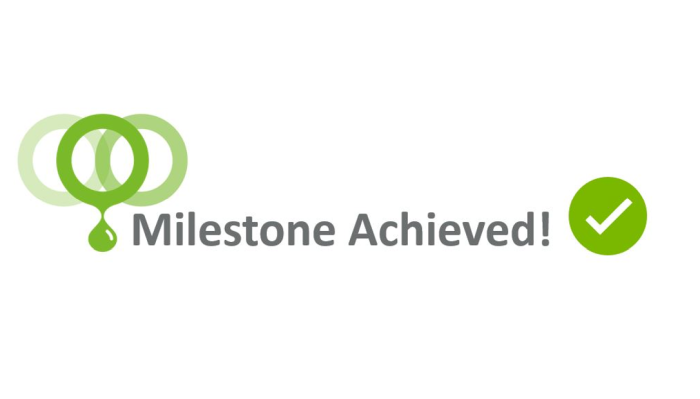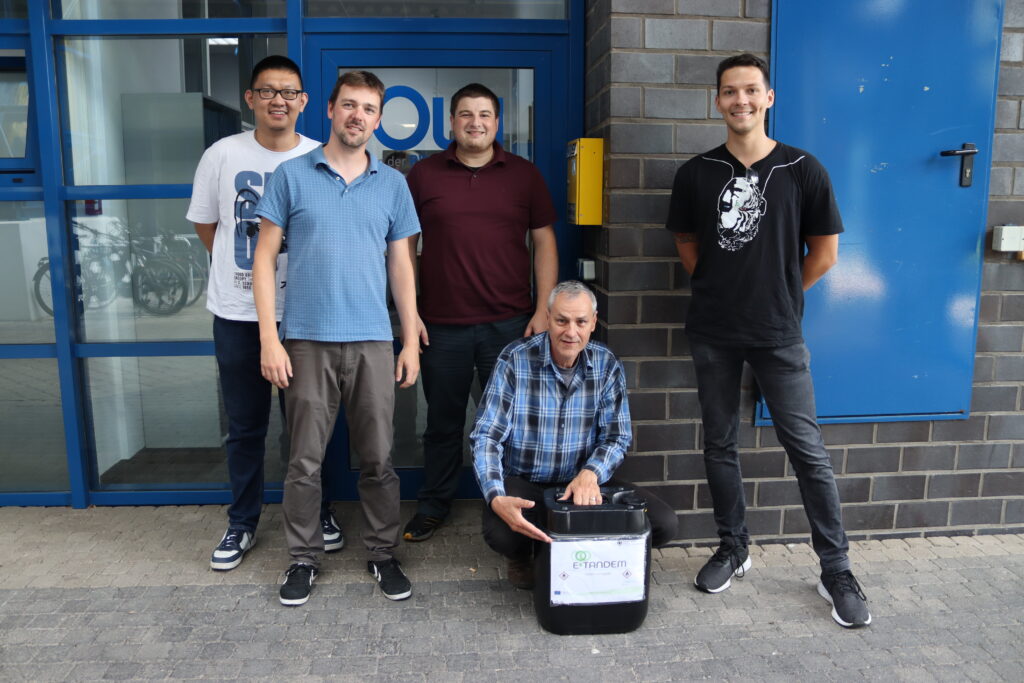The consortium has successfully produced a substantial volume of surrogate fuels to advance the study and formulation of higher oxygenate e-fuels (HOEF). These surrogate mixtures precisely mimic the HOEF composition in its two forms—higher aliphatic alcohols and higher aliphatic ethers—and are crucial for fuel characterisation, combustion profiling, and assessment of fuel-system interactions.
The research focuses on assessing the drop-in characteristics of HOEF for current marine internal combustion engines. Key activities include:
- Blending Strategies: Designing blends with marine fuels such as Marine Gas Oil (MGO), aiming for compatibility with ISO8217 and EN590 regulations for marine and heavy-duty diesel fuels.
- Compatibility Testing: Evaluating HOEF formulations for compatibility with existing fuel supply systems and diesel engines through corrosion, oxidation, hygroscopicity, and hardware-in-the-loop tests, using limited fuel volumes.
- Performance Analysis: Quantifying the impact of neat HOEF and its blends on ignition behaviour, efficiency, and soot emissions.
These research activities will highlight the potential of higher oxygenate e-fuels in the marine and heavy-duty transport sectors, demonstrating their application and compatibility with existing fuel distribution and diesel engine technologies.


